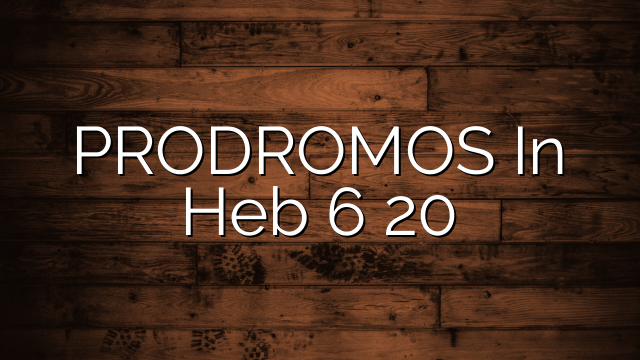Hebrews 6:5
“`html An Exegetical Analysis of Hebrews 6:5: The Grammatical Function of καλόν This exegetical study of An Exegetical Analysis of Hebrews 6:5: The Grammatical Function of καλόν is based on a b-greek discussion from Mon May 3 10:55:23 EDT 2004. The initial query concerned the grammatical function of the Greek expression καλόν…θεοῦ ῥῆμα within Hebrews…















